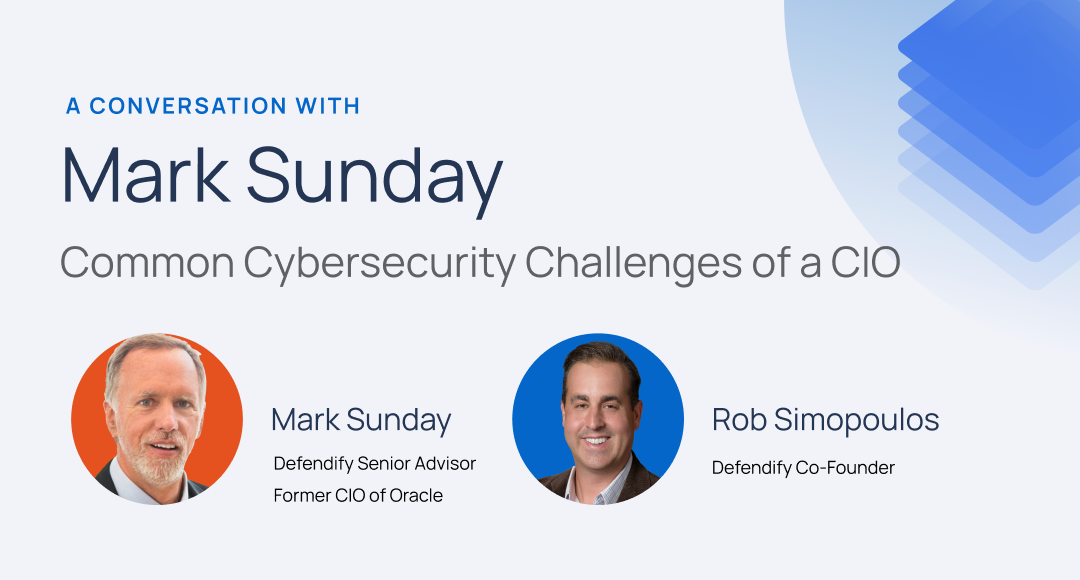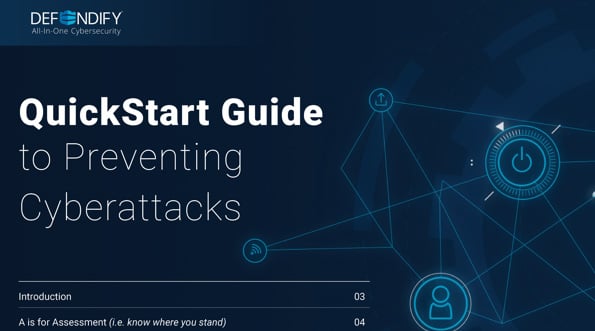Cringe…the reality is our mobile phones are becoming the epicenter of our waking lives. Take a look around the next restaurant you visit. You’ll likely find a family sitting at the table, not talking to each other, but staring lovingly into their phones. Rather than chit-chatting, they’re probably looking at what other people have said about the restaurant and flipping through food pictures on Instagram or Facebook. Seems strange to me, but hey, that’s the world we live in!
Have you ever thought about how much sensitive data is on a mobile device?
The iPhone 7 has an option of 256GB of storage on board! The amount of data on these devices has skyrocketed in size. And with that, so has the amount of sensitive data.
As business professionals, we rely on our mobile devices more than ever. It’s estimated* half or more smartphone users grab their phone immediately after waking up. These amazing little devices allow us to quickly communicate to customers and team members in a blink of an eye. We’re constantly storing and sending emails, scripting internal memos, sharing files, mapping addresses of our meetings, taking pictures of our travels and whiteboards! The list goes on and on, all in the name of efficiency and collaboration.
We transmit and store all kinds of sensitive data, every day. Often without even thinking about it and sometimes without even knowing about it.
Truth is, a lot of people want to use the same phone that they own for personal use and business. One number, one device, one life. What organizations need to understand is allowing employees to use their personal phones for business opens up a ton of risk.
We’re constantly talking with organizations who are challenged with the BYOD (Bring Your Own Device) concept. Without deploying policies and enforcing them through technology, one simple slip up by an employee and your data may be available to the world. As a simple example, imagine an employee does not enable a password on their phone and manages to lose it. The recipient of that device may have full access to all contents including sensitive and vital company info. 256GB worth of that data!
There are other risks as well. If you thought malware and viruses were for PCs only, think again.
Infected mobile devices may allow hackers to gain information being stored and transmitted. If you allow those mobile devices to utilize the corporate network, well, you’re asking for it.
Ask yourself a few simple questions:
- Does your company have security policies in place surrounding the use of mobile devices in the workplace?
- Are you installing mobile anti-malware technology, not just PCs?
- Do you have management software that allows you to remotely control, monitor and wipe mobile devices?
A strong review of policy and your incident response plan for the loss or breach of mobile devices could protect your business from a critical loss.
Stay Safe,
Your Friends @ Defendify
[*SOURCE: ExpressPigeon]
Resources & insights
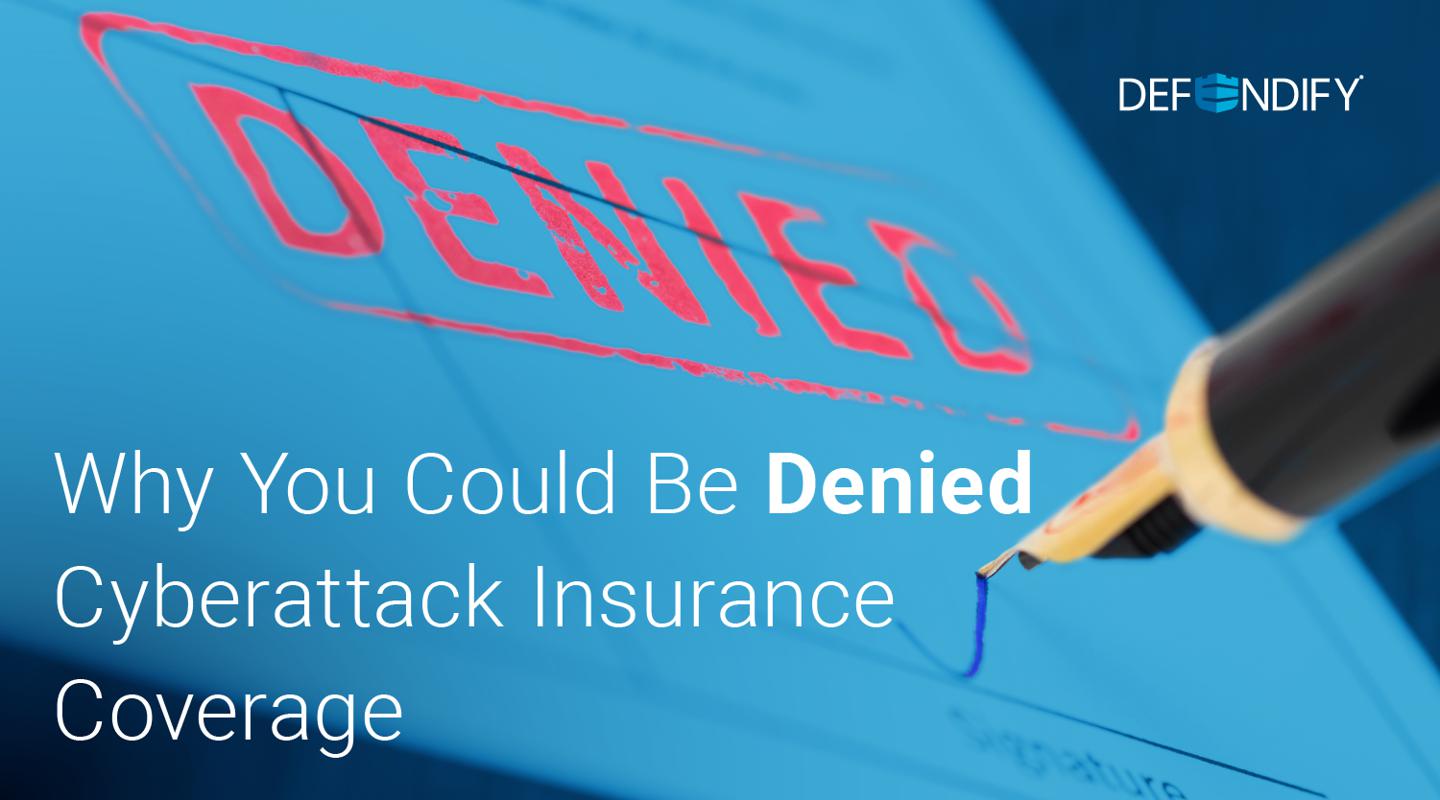
Why You Could Be Denied Cyberattack Insurance Coverage
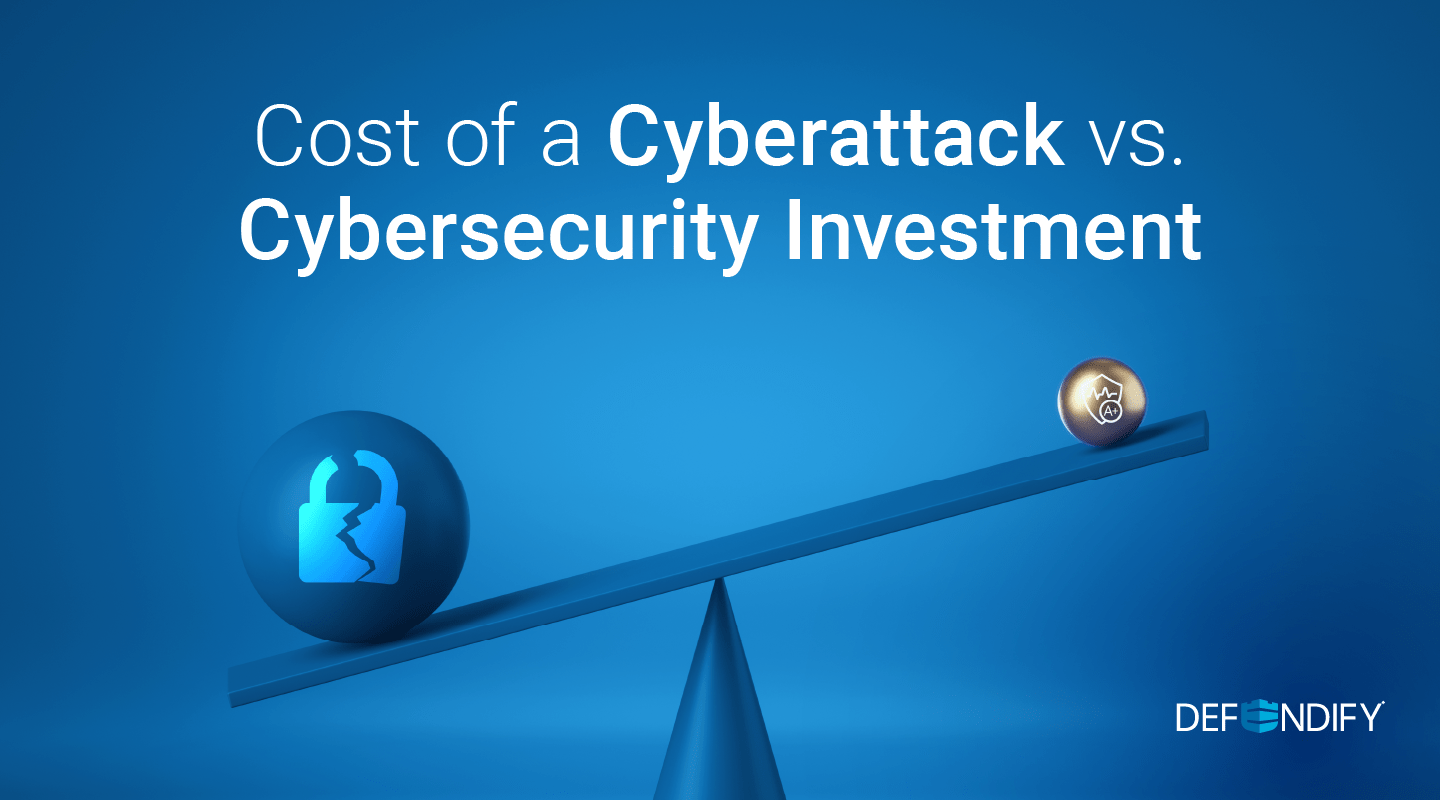
Cost of a Cyberattack vs. Cybersecurity Investment
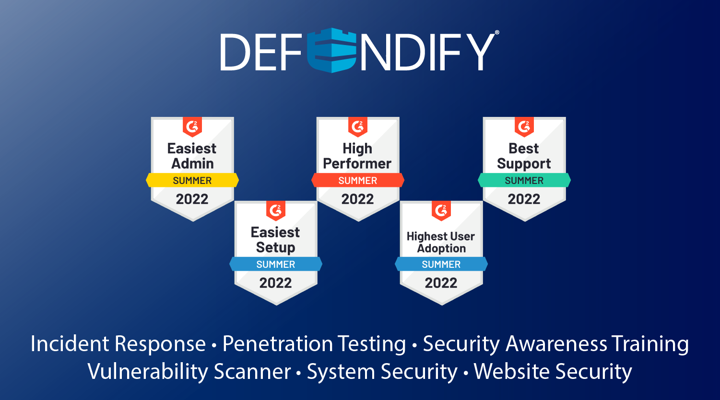
Defendify Listed as a High Performer in Six G2 Grid Categories

Why You Could Be Denied Cyberattack Insurance Coverage

Cost of a Cyberattack vs. Cybersecurity Investment

Defendify Listed as a High Performer in Six G2 Grid Categories
Protect and defend with multiple layers of cybersecurity
Defend your business with All-In-One Cybersecurity®.
Explore layered
security
Learn more about Defendify’s three key layers and All-In-One Cybersecurity®.
How can we help?
Schedule time to talk to a cybersecurity expert to discuss your needs.
See how it works
See how Defendify’s platform, modules, and expertise work to improve security posture.

